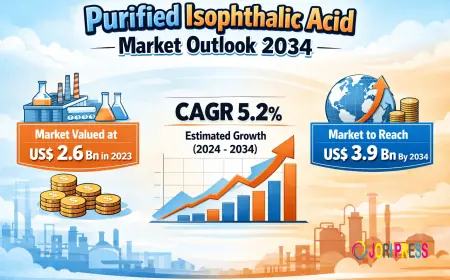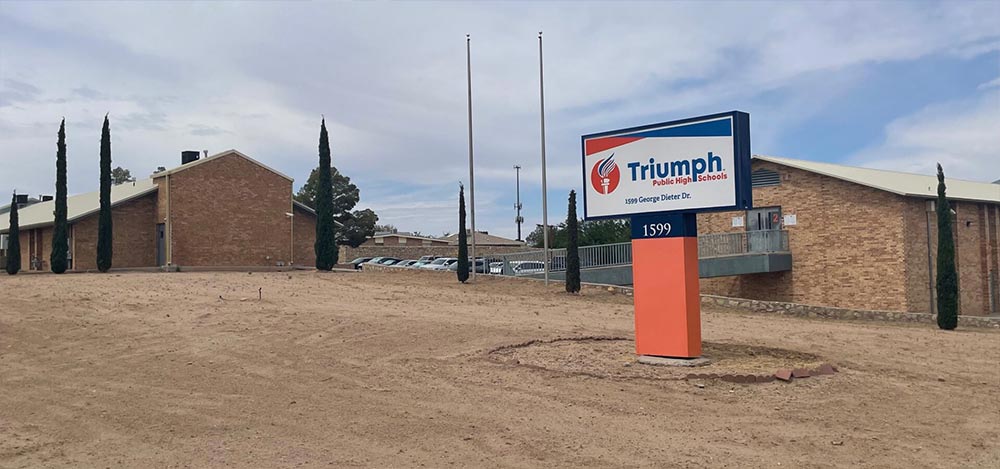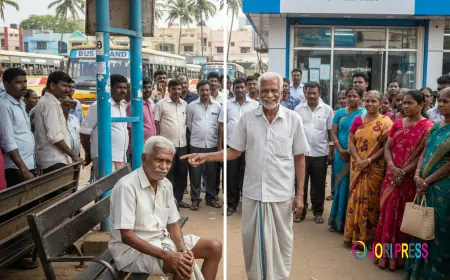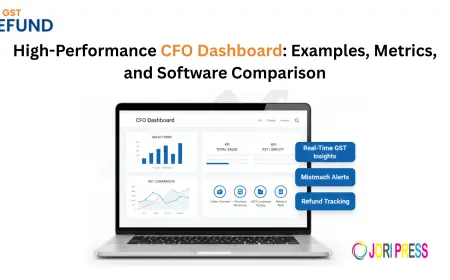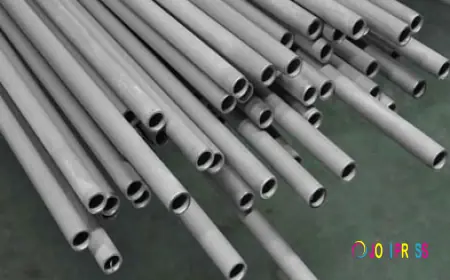What Makes Real Estate Developers in UAE Attractive to Global Institutional Investors?
Explore why real estate developers in UAE are attracting global institutional investors. From scale and sustainability to yields and regulation, discover the key advantages in 2025.
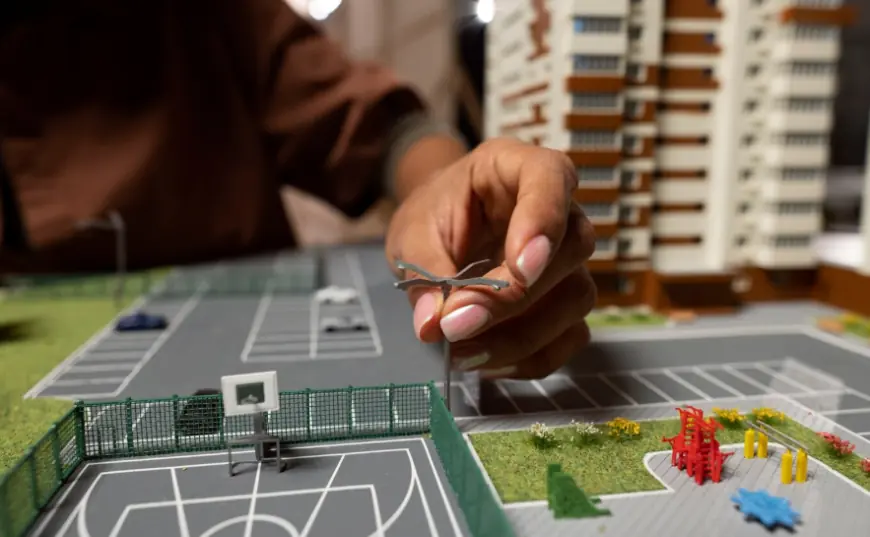
Over the last decade, the UAE has evolved into a global hub for real estate investment, not just among high-net-worth individuals but also institutional investors from Europe, North America, and Asia. While luxury properties and off-plan developments remain headline-makers, the unsung heroes behind the scenes are the real estate developers in UAE, who have redefined what it means to build at scale, with vision, and with global standards in mind.
In 2025, institutional interest in UAE real estate is stronger than ever, thanks in large part to the credibility and capabilities of its leading developers. This blog explores why real estate developers in UAE have become a magnet for global institutional capital and what specific attributes make them stand out in the international investment arena.
Proven Track Record and Delivery Reliability
One of the top concerns for institutional investors is the reliability of a developer to deliver projects on time and to promised specifications. Leading real estate developers in UAE such as Emaar, Aldar, Nakheel, and Sobha Realty have built trust through years of successful handovers, timely construction, and consistently high-quality finishes. These firms have delivered billions of dollars worth of real estate without the delays or disputes that often plague large-scale developments elsewhere.
Moreover, many developers are now publicly listed or backed by sovereign wealth funds, adding layers of governance, accountability, and transparency—key elements that institutional investors demand before deploying capital.
Strong Alignment with Government Vision and Urban Planning
Institutional investors typically seek long-term stability and growth, which is closely tied to urban policy. In the UAE, real estate developers don’t operate in isolation—they often build in alignment with national strategies like Dubai 2040 Urban Master Plan, Abu Dhabi Vision 2030, and Ras Al Khaimah Vision 2030.
For instance, developers are actively involved in creating smart cities, green communities, and integrated mixed-use hubs that support economic diversification and sustainability—key themes for ESG-focused investment portfolios. This synergy between public vision and private development is rare in many markets and gives real estate developers in UAE a strategic edge.
Institutional-Grade Assets and Scale
Unlike smaller developers focused on individual residential buildings, many real estate developers in UAE have the capacity to develop master communities, business parks, retail districts, and hospitality precincts. These large-scale, income-generating assets are exactly the kind of product institutional investors look for—whether for direct acquisition, joint ventures, or long-term leasing.
Projects like Dubai Hills Estate by Emaar, Aljada by Arada, Saadiyat Grove by Aldar, and District 2020 (Expo City Dubai) exemplify institutional-grade developments that offer mixed-use appeal and long-term cash flow stability.
Regulatory Support and Freehold Flexibility
A key factor contributing to the UAE’s appeal is its clear and evolving real estate regulation. Over the years, authorities have created robust legal frameworks around title deeds, escrow accounts, developer licensing, and foreign ownership—building investor confidence. Freehold zones in Dubai, Abu Dhabi, and other emirates now allow 100% foreign ownership, a major green light for institutional players.
Additionally, REIT-friendly laws and off-plan registration rules ensure transparency throughout the development cycle. Real estate developers in UAE work within this mature system, ensuring global funds can enter the market with a high degree of legal protection and clarity.
Innovation in Design and Sustainability
Another aspect that attracts institutional capital is innovation—whether in architectural design, construction methods, or ESG compliance. Leading developers in the UAE are pioneers in green building certifications, net-zero goals, and smart infrastructure. Projects like Masdar City by Aldar and The Sustainable City by Diamond Developers set regional benchmarks for climate-conscious living.
As institutional investors increasingly prioritize ESG (Environmental, Social, and Governance) standards, real estate developers in UAE who embed sustainability into their core operations become natural partners for long-term global capital.
High Yields and Strong Market Fundamentals
The UAE remains one of the most lucrative real estate markets globally in terms of net rental yield. While developed markets like London or New York may offer yields in the 2–3% range, cities like Dubai and Abu Dhabi continue to generate yields between 5–8%, even for prime properties. These figures are highly attractive to institutional investors seeking stronger returns in a stable geopolitical environment.
Real estate developers in UAE support this by offering investment-ready portfolios with built-in rental management systems, guaranteed return packages, and asset management services—making their offerings turnkey for global funds and pension schemes.
Strategic Geographic Location and Connectivity
The UAE’s position as a global crossroads between East and West gives its real estate assets significant appeal. Developers often emphasize logistics, airport access, port connectivity, and business ecosystem proximity in their site planning. This strategic foresight is particularly valuable to institutional investors eyeing commercial, industrial, and hospitality projects that rely on footfall and access.
Whether it’s Dubai's proximity to emerging Asian markets or Abu Dhabi’s connectivity to Europe, institutional players view the UAE as a long-term logistical and economic hub—and the developers as enablers of this vision.
Final Thoughts
From large-scale urban planning to timely project execution and sustainable design, real estate developers in UAE are not just meeting but exceeding global standards. Their alignment with government visions, focus on scalable communities, and transparency in operations have helped the UAE transition from a speculative market to a globally recognized investment destination.
In 2025, institutional capital is no longer hesitant—it’s active and expanding across residential, commercial, and mixed-use developments. For any global investor eyeing the Middle East, UAE developers offer a rare blend of high returns, institutional-grade assets, and long-term stability. The future of real estate in the UAE isn’t just being built—it’s being institutionally backed.
What's Your Reaction?
 Like
0
Like
0
 Dislike
0
Dislike
0
 Love
0
Love
0
 Funny
0
Funny
0
 Angry
0
Angry
0
 Sad
0
Sad
0
 Wow
0
Wow
0








